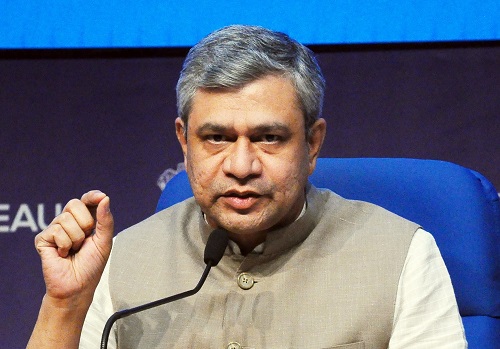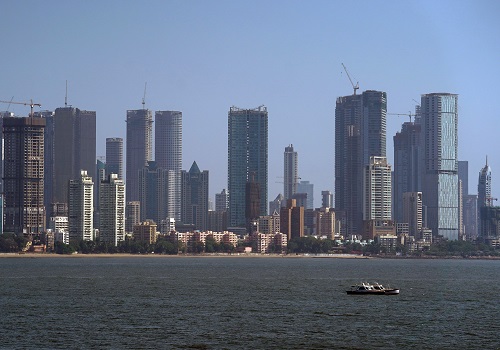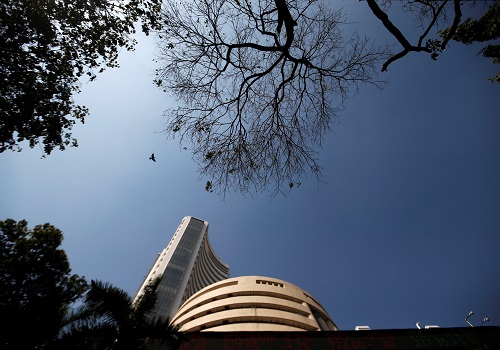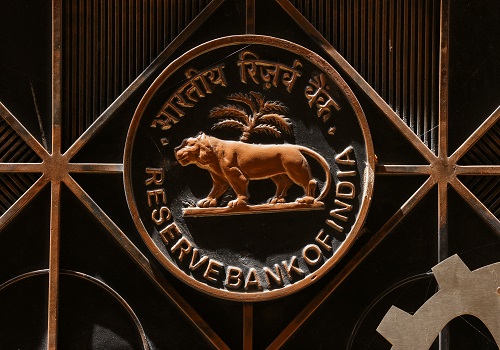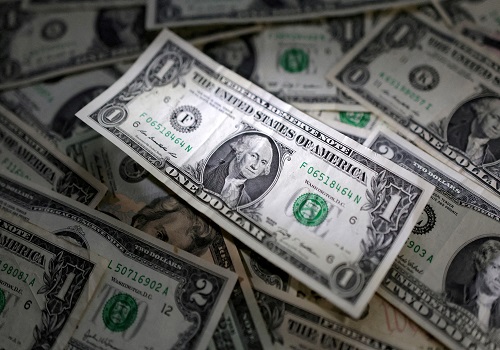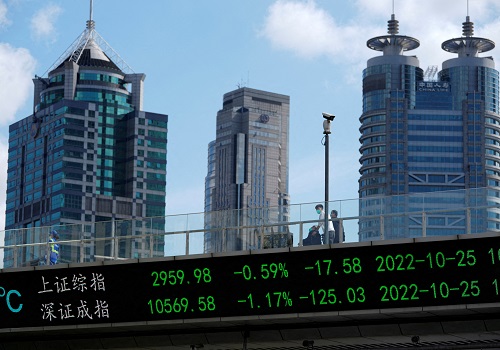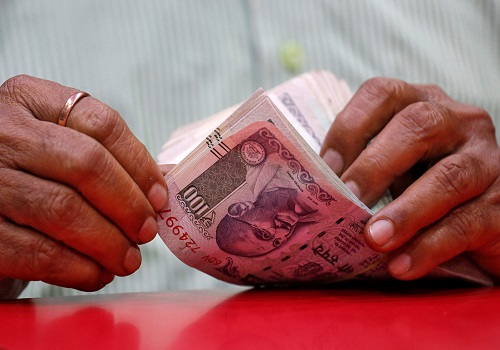Indian refiners pay dollars for Russian oil after dirham attempts fail

Follow us Now on Telegram ! Get daily 10 - 12 important updates on Business, Finance and Investment. Join our Telegram Channel
Indian companies are still buying Russian oil using dollars after Dubai's Mashreq Bank declined to handle payments from at least two refiners in Emirati Dirhams as requested by the supplier, according to three sources familiar with the matter.
Russia has been hit by sanctions from the United States and allies following its invasion of Ukraine, and Moscow has requested some buyers of its commodities pay using roubles or other currencies than the dollar and euro which its contracts are typically priced in.
Traders supplying Russian oil in July had asked at least two Indian companies to settle in dirham. An invoice from one of the refiners seen by Reuters showed oil payments were calculated in dollars while payment was requested in dirhams.
The invoice showed payments to be made to Gazprombank via Mashreq Bank, its correspondent bank in Dubai. Mashreq has a branch in New York, according to its website.
The three sources said the dirham payments did not go through because Mashreq declined to facilitate the trade. Reuters was unable to establish why.
The U.S. Treasury, Mashreq Bank and Gazprombank did not immediately respond to requests for comment.
One of the sources said that the payments were eventually handled by the Abu Dhabi branch of the State Bank of India and settled in U.S. dollars.
The State Bank of India did not respond to a Reuters email seeking comment.
The United Arab Emirates and India have avoided strong criticism of Russia's actions in Ukraine, which Moscow calls a "special military operation", and have not imposed sanctions.
NEW MECHANISM
India's central bank has recently put in place a mechanism to facilitate international trade in rupees, a move seen as aiding business ties with Russia in case of more stringent Western sanctions against Moscow.
The new rules largely mirror the barter-like system used with Iran when it was sanctioned, where Indian importers deposited rupee payments in the "vostro" account of Tehran's commercial banks with India's UCO bank, a state-run lender.
A vostro account is one that a local correspondent bank holds on behalf of a foreign bank.
Iran used the funds to pay for imports of non-sanctioned goods from India.
UCO Bank has obtained approval from India's central bank to open a special rupee account for Russia's Gazprombank, and its chief executive Soma Sankara Prasad told Reuters that it hopes to do so soon.
For settlement under the new mechanism, importers and exporters have to agree to invoice in rupees and settle exchange rate terms.
To make trade in the local currency more attractive, India has also allowed foreign banks to invest excess funds in government securities as the special rupee accounts offer no interest on deposits.
According to government data, Indian imports from Russia hit $17.24 billion in April-August this fiscal year from about $3.2 billion a year earlier due to a sharp increase in oil purchases.
Western sanctions have prompted many oil importers to shun Moscow, pushing spot prices for Russian crude to record discounts against other grades.
That provided Indian refiners, which rarely bought Russian oil due to high freight costs, an opportunity to snap up exports at hefty discounts to Brent and Middle East staples.










Top News
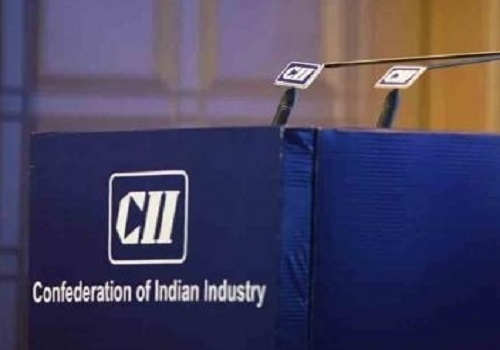
India`s economy likely to grow in range of 6.5-6.7% in FY24 with strong domestic drivers: CI...


 320-x-100_uti_gold.jpg" alt="Advertisement">
320-x-100_uti_gold.jpg" alt="Advertisement">

